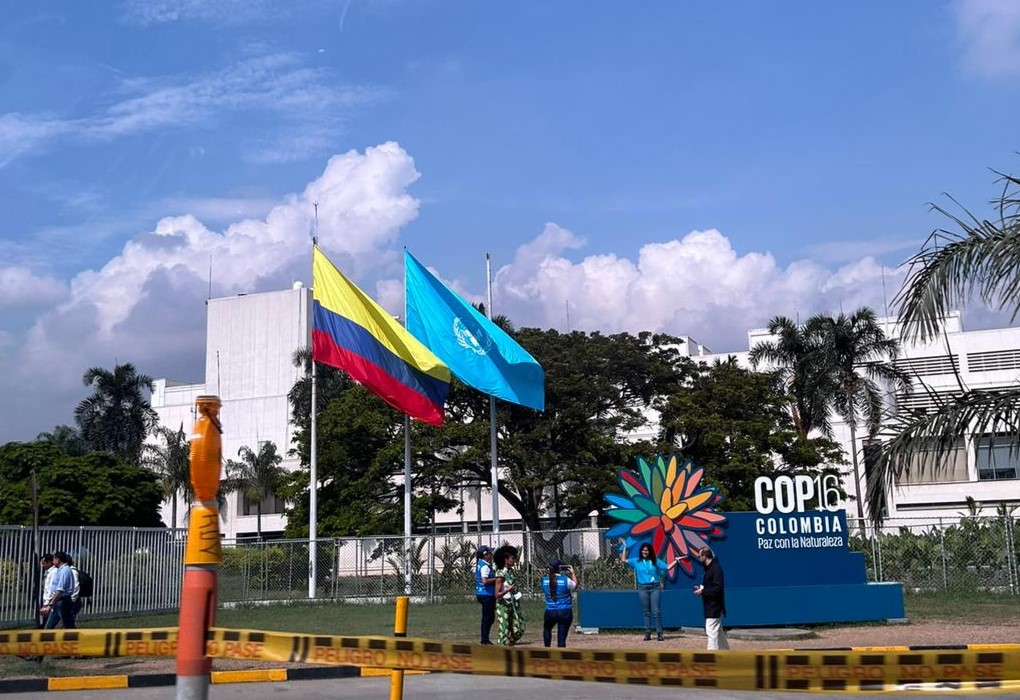(TURKISH JOURNAL) – Nishat Mirza – The 16th United Nations Biodiversity Conference (COP16), held in Cali, Colombia, emphasized urgent global unity in tackling biodiversity loss and environmental degradation. Colombian President Gustavo Petro set a powerful tone, calling for the prioritization of “global public power” over market power to “make peace with nature.” His message underscored a vision of global democracy that centers on people’s empowerment and unity in environmental action.

UN Secretary-General António Guterres echoed the urgency, declaring, “Nature is life, and we are in a war against it—and we are losing.” With biodiversity loss, land degradation, and pollution as immediate global threats, Guterres advocated for coalitions to protect ecosystems, stressing that international collaboration is vital to achieving peace with nature.
Cali’s innovative setup of “blue zones” for delegates and “green zones” for the public energized the city with biodiversity awareness, making the event accessible and engaging for locals. Approximately 20,000 attendees benefited from Cali’s hospitality, adding a unique cultural richness to the conference.
A defining success of COP16 was the historic agreement to establish a subsidiary body that will formally include Indigenous peoples in future biodiversity decisions. This decision acknowledges the pivotal role Indigenous communities play in preserving ecosystems, as they manage approximately 80% of the world’s biodiversity. It honors their traditional knowledge systems and provides Indigenous groups with a direct voice in shaping conservation policy. In an emotional moment, Indigenous representatives cheered upon the announcement, reflecting the growing recognition of Indigenous stewardship as essential to effective global conservation strategies.
Funding for biodiversity was another major focal point, with proposed targets of $700 billion annually to address biodiversity needs and a specific goal of mobilizing $20 billion from developed nations by 2025. Despite new grant-based funds pledged at COP16 totaling only $163 million, developing nations strongly advocated for a dedicated global nature fund to support conservation efforts in resource-poor regions, especially those most impacted by biodiversity loss. However, wealthy nations blocked this proposal, citing concerns over the fund’s structure and the potential for existing frameworks to meet financial needs more effectively. This resistance highlighted the urgent need for increased and structured biodiversity funding in the near future, ensuring that conservation efforts receive the support they critically require.
Conference discussions further underscored the importance of climate finance, nature-based solutions, ocean conservation, and ecosystem-specific approaches. Delegates stressed the integration of Indigenous knowledge and local perspectives, advocating for accessible solutions that prioritize local communities. COP16 highlighted that achieving meaningful biodiversity protection will require a global coalition that respects diverse voices, shares resources, and builds sustainable frameworks for future generations.




